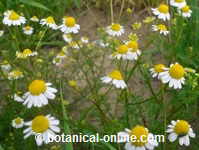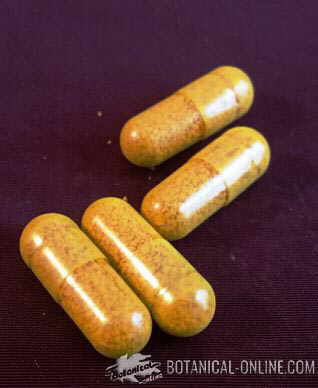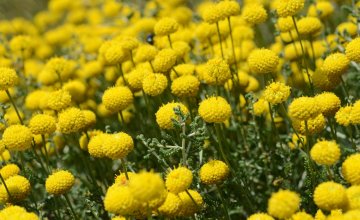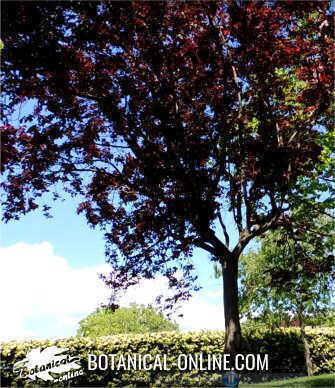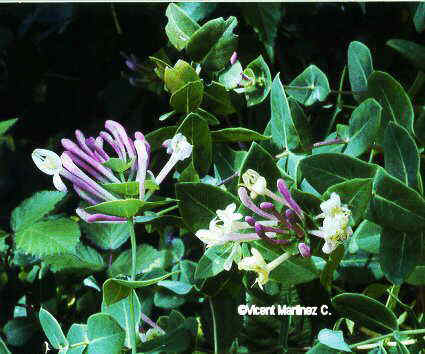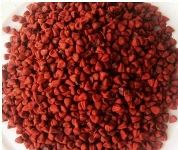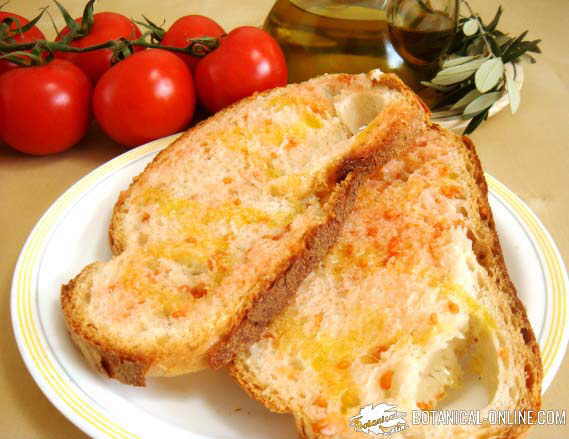Contents
Natural remedies for gastritis
Natural treatment for Helicobacter pylori
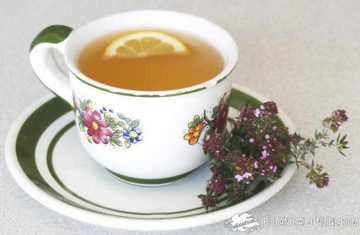
Helicobacter pylori is a bacterium that can live in the stomach, causing gastritis, stomach ache, and slow digestion. Helicobacter infection is associated with most cases of gastritis.
The big problem with this infection is that in some cases it can be asymptomatic, damaging the stomach without the affected person realizing it. Other times, its symptoms can be confused with other illnesses. For this reason, it is always advisable to consult with your doctor.
What is Helicobacter?
Helicobacter pylori is a bacterium. This bacteria causes damage to the stomach lining, predisposing to complications such as stomach and duodenal ulcers and increasing the risk of perforation and stomach cancer.
For this reason, medical treatment is important, and must be accompanied by a proper diet. Furthermore, the use of infusions and plants can be an excellent adjuvant to this treatment.
Digestive infusions and plants for Helicobacter pylori
As adjuvants to the treatment, infusions can be used to help the natural treatment against Helicobacter. The following plants have shown antibiotic, gastroprotective, anti-inflammatory, digestive, and/or carminative properties:
- N-acetylcysteine: Clinical studies have observed that supplementation with 600 mg of N-acetylcysteine improved symptoms of dyspepsia or indigestion in people with Helicobacter pylori. Furthermore, the same studies indicate that this supplementation enhances the effectiveness of conventional treatment, improving the bacterial eradication rate by up to 70%, making it an excellent adjuvant to drug treatment.
- Thyme: It’s one of the most appreciated antiseptics in phytotherapy. Mediterranean countries are fortunate to have this wild plant. Take advantage of it if you have the chance! (Thyme Infusion) (Thyme soup) (Cooking with thyme)
- Ginger: According to some studies, its digestive and antibiotic properties against H. pylori could make it very suitable for cases of Helicobacter pylori infection and gastritis. (Ginger infusion after meals) (Thyme and ginger infusion)
- Flaxseed: Ground flax seeds are highly recommended for their mucilage content, which exerts an anti-inflammatory effect, and for their high omega-3 content, which has the same properties. (Consume 2 teaspoons of ground flax seeds daily, previously soaked in water or a vegetable drink for 30 minutes.)

Chamomile is one of the most recommended plants for gastritis Chamomile: (Drink 2 or 3 cups a day of an infusion of one teaspoon of dried flowers per cup of water)
- Aloe juice: Aloe juice is rich in mucilages, which has properties that reduce inflammation of the mucous membranes and is suitable for gastritis, ulcers, constipation, and intestinal diseases. Other plants rich in mucilages include plantain and mallow.
- Lemon and tarragon: Both plants are extremely rich in nerol and have properties that fight this bacteria. (Tarragon infusions) (Tarragon in food) (Drinking lemon water) (Lemon for ulcers).
- Garlic: Due to its antibiotic properties, it is recommended in case of gastritis. (Add a crushed raw garlic clove to boiled vegetables, soups, and recipes.) Garlic extract in the form of garlic oil appears to be effective in helping fight the bacteria.

To be anti-inflammatory, turmeric must be taken in extract, as well as in food. Turmeric: Used in moderation, turmeric is beneficial for the stomach as it helps balance gastric pH. Although it doesn’t have strong antibiotic effects against Helicobacter pylori, it does seem to improve symptoms and inflammation. (How to take turmeric) (Add a teaspoon of turmeric 2 minutes before turning off the heat, in creams, soups, rice dishes, or sandwiches… * See: Turmeric recipes)
- Berberine: Traditionally, berberine-containing plants are remedies for deworming and to stop diarrhea. Berberine has also been shown is capable of killing bacteria, fungi and yeasts as feared as Candida (How to take berberine)
- Propolis: This is a bee product used that they use for its bactericidal and antiseptic properties. It helps heal wounds, and some professionals use it successfully as an adjuvant in the treatment of gastritis.
- Cumin: It is a digestive and carminative (it helps eliminate gas). In some studies, it has shown activity against the Helicobacter pylori bacteria. (Add ground cumin to meals) (Infusion of half a teaspoon of cumin per cup)
- Extra virgin olive oil and powdered olive leaves: A component present in these foods, called oleuropein, has antibacterial activity against Helicobacter.
Other medicinal plants that could be indicated for Helicobacter
- Licorice: It increases mucus production in the stomach, which protects against acids. Plant with properties against Helicobacter, although it has important contraindications (Infusion of half a tablespoon of dried root per cup)
- African geranium or South African geranium (Pelargonium sidoides): According to in vitro studies, the roots of this plant have properties that prevent the Helicobacter bacteria from adhering to the stomach lining. It appears to be even more effective than licorice. There are supplements that combine licorice extract and African geranium extract.
- Cissus quadrangularis: This plant is known for its gastroprotective properties. In in vitro studies, the plant has shown antibacterial activity against Helicobacter pylori, although there are no clinical studies on this yet.
![]() More information on remedies for gastritis
More information on remedies for gastritis

